Posted 27 января 2023, 13:26
Published 27 января 2023, 13:26
Modified 30 января 2023, 12:42
Updated 30 января 2023, 12:42
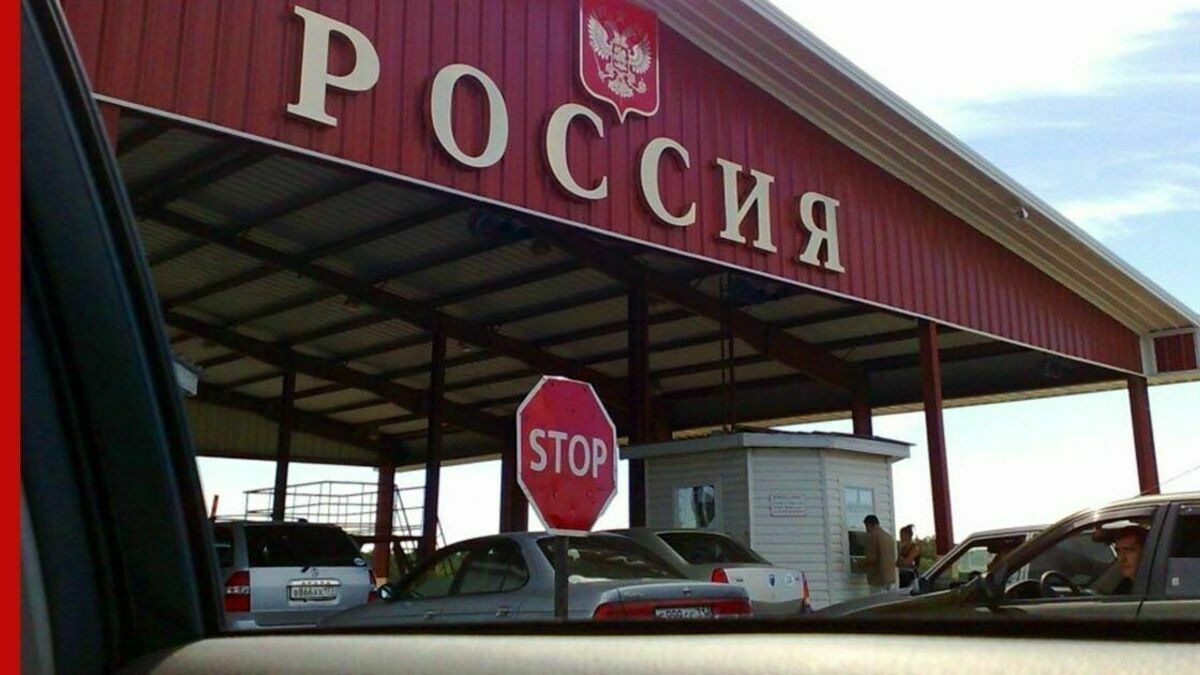
Welcome, dear "traitors": what awaits the returning relocants in Russia
Historical experience of re-emigration of Russians
The Secretary of the General Council of United Russia, Andrey Turchak, once again offers to "do everything" to return highly qualified specialists and entrepreneurs who left Russia. But everyone should be considered individually. "It is necessary in each region – once again, all these surnames are known – to create conditions for their return", - Turchak said. These statements run counter to the opinion of the speaker of the State Duma Vyacheslav Volodin, who in December last year proposed to all Russians who left Russia after the start of the SMO to raise taxes and cancel benefits. Regardless of their return or anti-Russian statements. So what will happen to the returnees: will they be greeted with bread and salt or will they be persecuted as traitors? We understand together with historians – our country has a rich experience in this regard.
Today in the news you can hear about the return to Russia of foreign cars, liqueurs and whiskey imported as parallel imports, but not about the return of talented or at least very capable people. The memory of what was waiting for those who returned from the territories of the "ideological enemy" in the old days turned out to be too strong. Candidate of Historical Sciences Daniil Kotsyubinsky recalls that such immigration and repatriation took place at almost all stages of the development of our state, but the consequences for those returning were different.
- There are so many epochs, so many specific motivations and prospects – both for those fleeing and for those returning. It is one thing – the flight of Orthodox aristocrats (boyars) first from Lithuania to Moscow, and then back to Lithuania in the XVI century. These were very risky activities, especially during the beginning of the Livonian War, but also before that. Another thing is the "Tushin flights" (people who ran from Tsar Ivan Vasilyevich Shuisky in Tushin to False Dmitry II and back – ed.) and other boyar "betrayals and returns" in the era of the Troubles of the early XVII century. There was almost no risk here, and the fugitives could always count on more interesting awards and statuses waiting for them in their new place. The third case is the "repatriation" of Orthodox peasants from the territory of Karelia and Ingermanland (ceded by Moscow to Sweden under the terms of the Stolbovsky Peace of 1617), to whom entire territories were allocated for new settlement sites (this is how "Tver Karelia" appeared).
In the twentieth century, after the revolution, repatriation took place in several waves, and each time people were faced with terrifying "hospitality". Historian Alexey Kuznetsov says that the Soviet authorities made a lot of mistakes that have been preserved in the memory of generations.
- The story with the Soviet government is like this – if we are talking about the emigration of the first wave, that is, those who emigrated during the civil war and in its last days and months, quite quickly, almost immediately, there was some reverse wave, there was repatriation. And the Soviet authorities were not ready for this at first: in some places they created filtration points, in others they banned entry altogether – but this concerns mass repatriation, which is considered not so much as the repatriation of minds, but as the repatriation of labor resources.
When it became clear that the repatriation did not go according to plan, and the flow of people dried up, the Soviet authorities began to resort to more sophisticated methods that depended on the social status and importance of the emigrant. At first, at the initiative of the OGPU, immigrants were hired as foreigners under a fixed-term contract, and then they declared that the USSR did not recognize their foreign citizenship and were no longer allowed to go abroad.
Of course, at any time there were people with whom the authorities were more affectionate, negotiated and provided various preferences – explains Alexey Kuznetsov.
- If we talk about the military, this is, for example, the return of General Yakov Slashchev, who prevented the Red Army from capturing the Crimea at the end of 1919. He was approached by NKVD agents, he bargained, he was given guarantees, and as a result, these guarantees were fulfilled. He returned to Russia, got a prestigious job that interested him, he taught tactics at the "Shot" courses, which would later be called the courses of the Highest Command Staff. The dark story of his murder is still not very clear: was it the revenge of a loner or the Soviet authorities "decided" and thus got rid of him. But in any case, people were bought by the opportunity to work, to lead a fairly broad lifestyle. For example, Alexey Nikolaevich Tolstoy was literally lured back to Soviet Russia with promises of publications, royalties, and a secure life. As for such people as Tolstoy, Andrei Bely, the sculptor Konenkov and other figures of literature and art, here we are talking not so much about practical benefits as about reputational acquisitions: look, if such talented, famous people with world fame return to Soviet Russia, it says a lot about Soviet Russia.
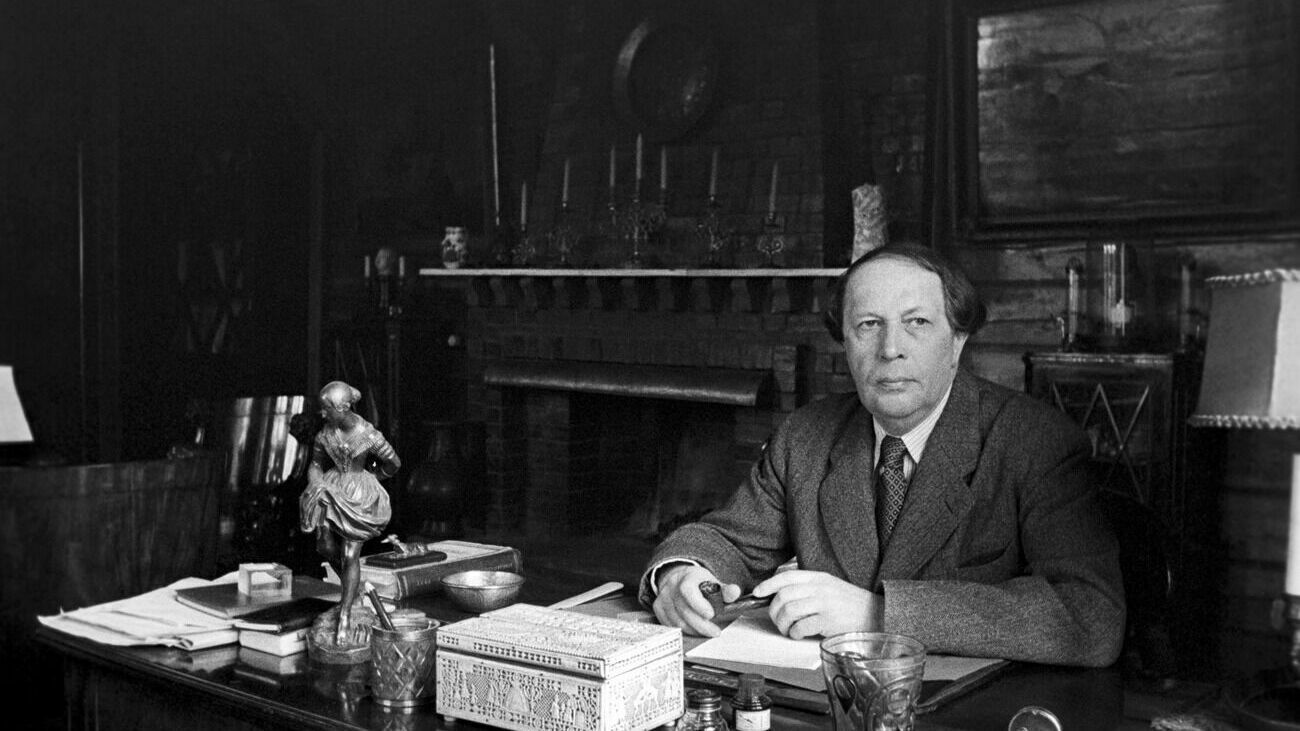

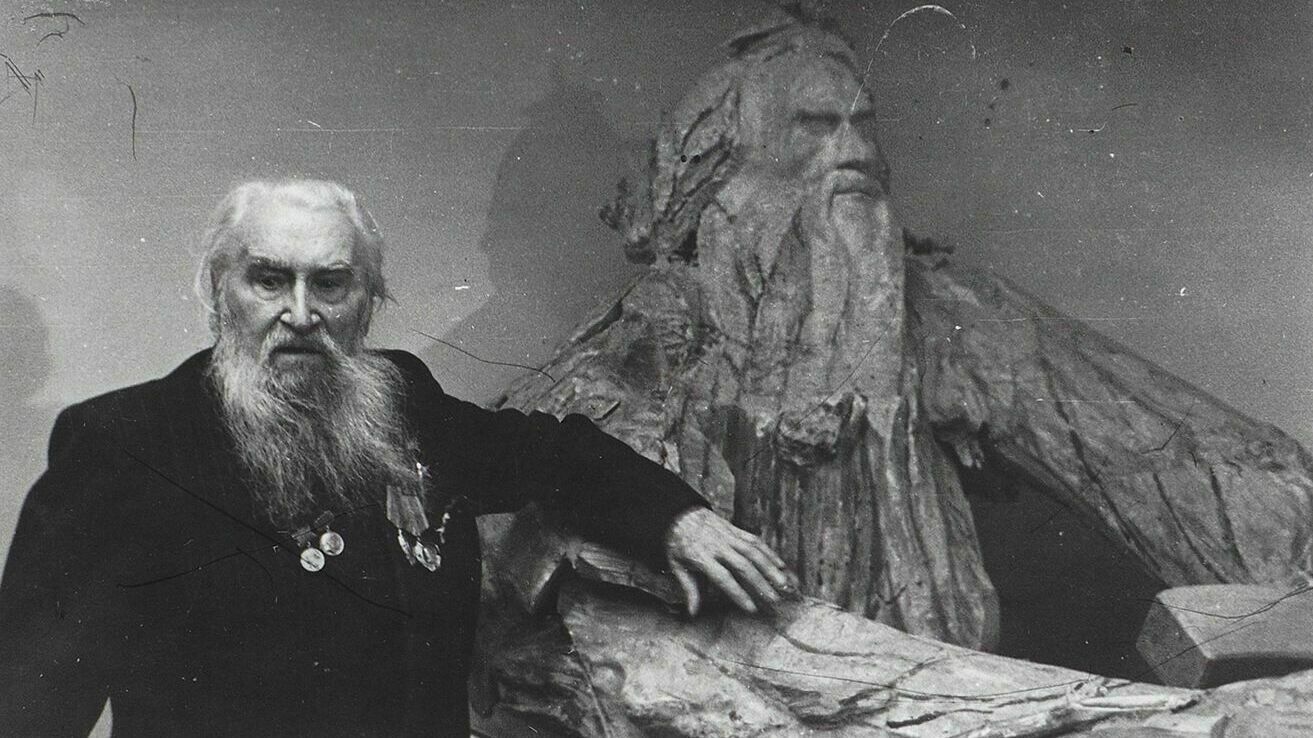

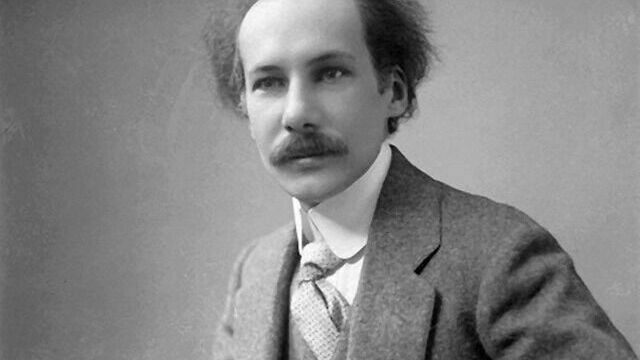

But these were rather isolated cases. Mass repatriation took place in a completely different way. The 30s left a particularly strong imprint. For Marina Tsvetayeva, returning to the USSR turned out to be fatal: first her daughter and husband were arrested, then her husband was shot, poems were not published, and after two years of oppression and poverty, the poetess committed suicide.
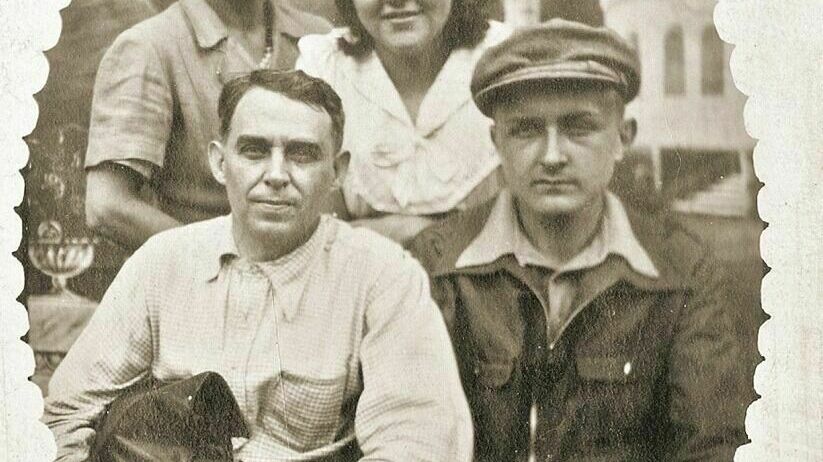

And the Russian workers who returned from working on the Chinese-Eastern Railway in Harbin were recognized as agents of Japanese intelligence and terrorists. 21 thousand people were sentenced to execution, another 10 thousand people were sent to camps. Any person who returned from abroad to the Soviet Union could be suspected of espionage and other crimes against the state with corresponding consequences of varying severity. So Turchak's phrases about the need to create conditions for the return of people, and that all the surnames are known, look extremely ambiguous. Taking into account historical experience, it will not be surprising if we are talking about the transfer of cases to special services and the preparation of places in correctional institutions.
After the Great Patriotic War, about 5 million people remained outside the Union. Some of them were prisoners, some remained in Western countries voluntarily and without the desire to return to the country destroyed by the war. New time – new methods of work. In 1945, the former head of the GRU, General Philip Golikov, was appointed commissioner for Repatriation. His agents identified Soviet citizens abroad, persuaded them to return, promised a comfortable future, exchanged them for foreigners who had fallen into Soviet camps, accused them of aiding the Nazis for extradition, and even simply kidnapped them.
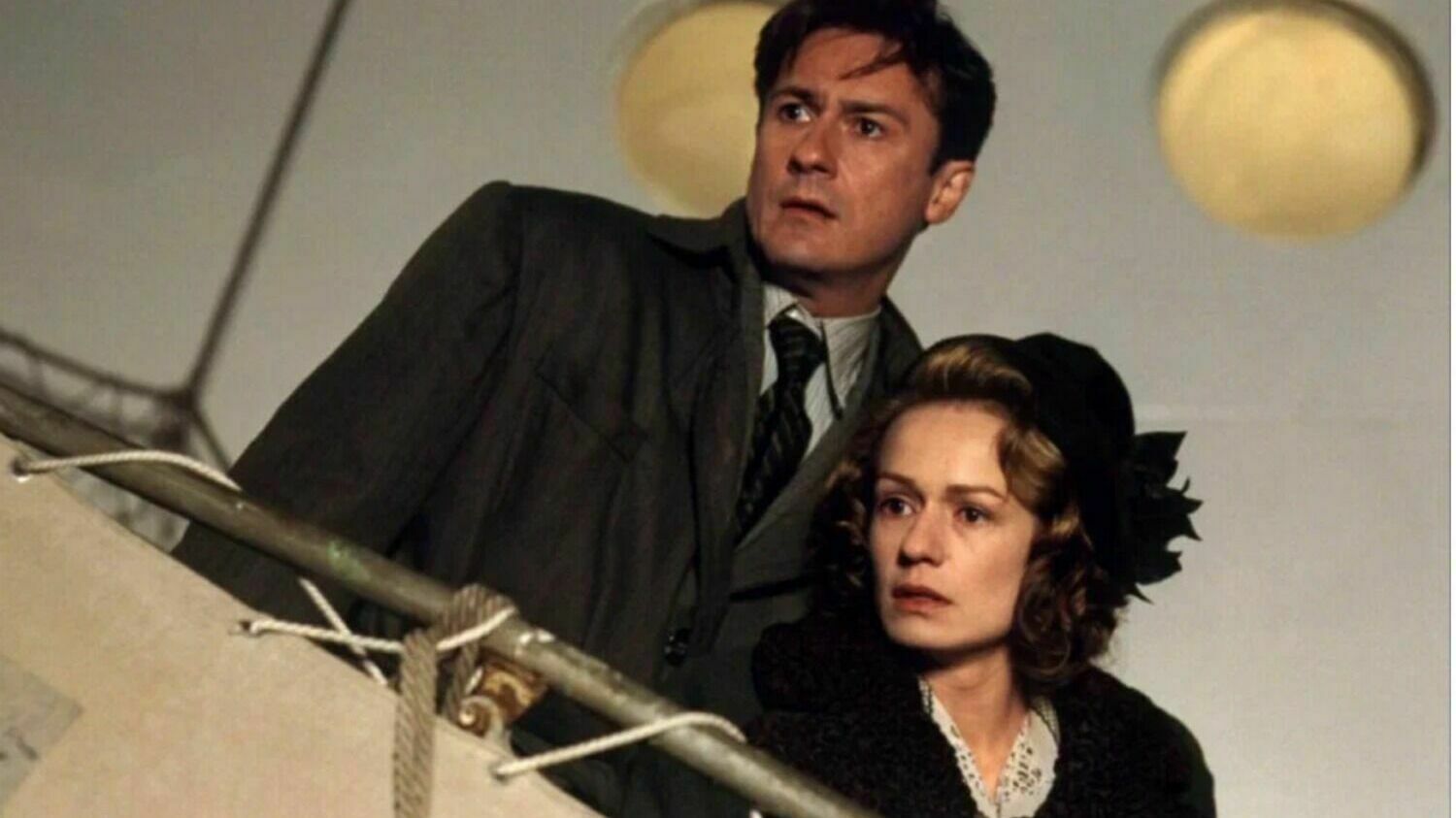

At the beginning of the film "East-West" (1999) with Oleg Menshikov in the role of doctor Golovin, returning with his son and French wife after World War II from France to the USSR, there is a vivid dramatic scene. After a hopeful trip to their homeland on a luxury ship, Soviet emigrants are faced with the harsh reality of Stalinist totalitarianism: almost all those who arrived with them on the steamer were sent to camps or shot. "Monstrous mistakes" leading to the execution began to occur already in the port immediately after the arrival of passengers. The hero, having quickly realized where he actually returned, will have to cooperate with government agencies for half his life – in order to wait for the moment when it will be possible to organize the escape of his wife and son back to France. The film is based on Nina Krivosheina's autobiographical book "Four Thirds of Our Life". Here is what her son, Russian translator and writer Nikita Krivoshein tells about the events of that time: "Upon arrival, everyone is distributed to provincial cities and almost immediately, from the summer of 1949, they begin to arrest. That is, there were mass plantings, very fast, and some of those planted, of course, died in the camps."
But why did they come back at all? According to Krivoshein – because they were deceived, succumbing to purposeful propaganda: "One should not think that people were either pro-communist or losers, those who failed to infiltrate Western life. This is absolutely not the case… The only explanation for all this is the paradoxical alliance formed during the Second World War with Churchill and the United States… Stalin had to return the shoulder straps, open churches, appeal to Dmitry Donskoy. People thought that de-Bolshevization had begun, and this was fixed, confirmed by Simonov, Ehrenburg, many film actors sent to France, the publication of a newspaper, the opening of two cinemas ... <...> there was also hope that this alliance with the West, and the suffering of the military, frontline would lead to de-Bolshevization and a return to the national state. It's not worth telling further — everyone knows how it really happened."
Daniil Kotsyubinsky confirms that the course of development of the country where they want to return is important for immigrants.
- The main waves of repatriates came during the NEP era, when many Russian emigrants (their views were reflected by the publicists-smenovekhovtsy – Nikolai Ustryalov, etc.) felt that life in the USSR was "getting better", largely returning to the old national-imperial standards, and that good career opportunities appeared for repatriates who accepted Soviet power, especially with taking into account the grandiose economic and socio-political plans that the Soviet government declared. But we must understand that all these people were traveling to a country that, as it seemed to them at that moment, was moving towards the liberal West (Europe): that in the era of the NEP, that during the Second World War. Repatriation, although not so significant, took place during the period of Perestroika and in the early 1990s, when again the Russian power indicated a drift towards the liberal West. Today we observe the drift of the Russian Federation in the opposite direction.
Now, taking into account historical experience, in order for successful people to want to voluntarily return to Russia, they may have to erase their memory. Or really create such conditions, at least for highly qualified specialists and entrepreneurs, which it is impossible to refuse. And also – to make people believe it. The task is also non-trivial. About this - in the following material "NI". In the meantime, all the initiatives of those in power are more like a situation where the administration of a concentration camp offers escaped prisoners to return back…